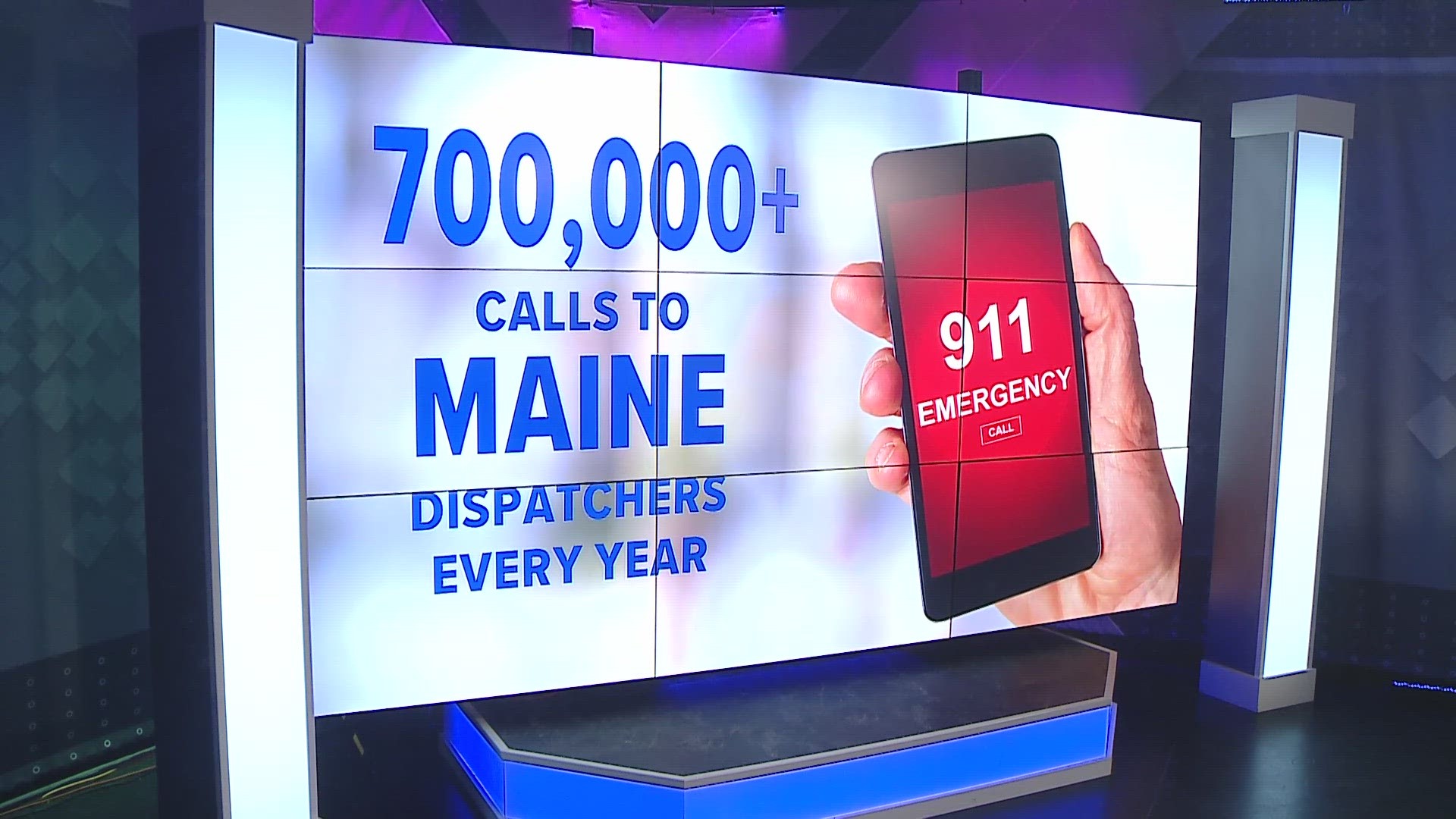AUGUSTA, Maine — Nathan Lee experienced a personal tragedy in 2008. His wife Denise was kidnapped in Florida, sexually assaulted, and then murdered.
“After the incident happened and then she was found, it came to light that there were some 911 issues that had happened, that could have made a huge impact in saving her life," Lee said Wednesday in Augusta.
Denise was abducted from their home 16 years ago and was able to use the abductor's cellphone to call 911. At least four other people who either knew the suspect or witnessed the kidnapping also called the police that day.
According to the foundation, no officers were dispatched "due to inefficiencies in the call center."
Shortly after the tragedy, Lee founded the Denise Amber Lee Foundation, which uses her story to help improve 911 emergency response systems and inspire emergency telecommunicators or dispatchers to the crucial role they play in public safety.
Lee said he has met with dispatchers in 48 states and held a training course for more than 40 dispatchers from across Maine at the Department of Public Safety Building.
"They’re an amazing, unbelievable group of people [working] a very thankless job," Lee said. “I just wanted to do anything I could to support them and make sure it doesn’t happen again. Not only to someone like Denise but to someone like them.”
Many of the dispatchers at the training Wednesday have years of experience.
Jennifer Michaud who has worked as a dispatcher in Aroostook County for nearly 18 years. This is the second time she has taken the "A Victim's Plea: Meeting Expectations" course.


“No two calls are ever the same. You think you’ve heard it all, seen it all, but that’s not true," she said. “Every little tool you can add to your toolbox makes that outcome that much better.”
Michaud and the dozens of other dispatchers broke down Denise's 911 call from 2008 and discussed with peers where things went wrong. Lee said one of the best ways to learn sometimes is by looking back at past mistakes.
Chelsey Bishop, who works as a dispatcher in Augusta, said it's crucial for dispatchers to refresh their skills, especially for her while she trains new employees.
“If you’re not trained properly following policy, then you’re going to be at fault if something goes wrong," Bishop said. "Because the dispatcher is the one who took that call.”
Bishop and Michaud spoke highly of how well Maine dispatchers work together across different agencies and counties, as several calls request responses from various departments.
Lee agreed and said Maine is one of the "most progressive states" when it comes to emergency agencies improving their response systems.
While his foundation was created out of a tragedy, Lee said he wanted to turn his wife's legacy into something positive.
“I just want [dispatchers] to be re-motivated, re-energized to the impact they are making, the lives they are saving, and just remember why they took the job in the first place, they want to help people, they want to make a difference, and I just hope they remember that," he added.


Dispatchers at the event also passed along reminders if you end up in a situation where you have to call 911.
First, they said to be patient and answer their questions as best you can. If you hear dispatchers repeat your answers, it could be because they're passing the information along to a co-worker who is working to send law enforcement to your location.
They said dispatchers will often ask personal questions like asking for your date of birth or address, in case the phone call drops so dispatchers still have some way of getting in touch with you or contacting loved ones.

